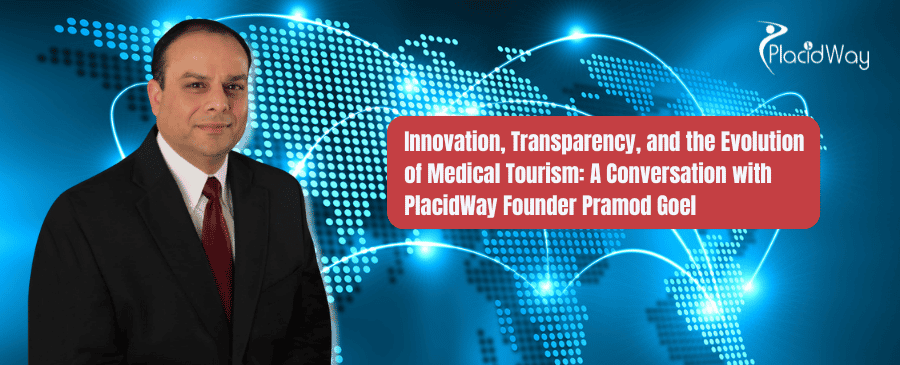
Navigating the Future of Global Healthcare: Transparency, Technology, and Trust
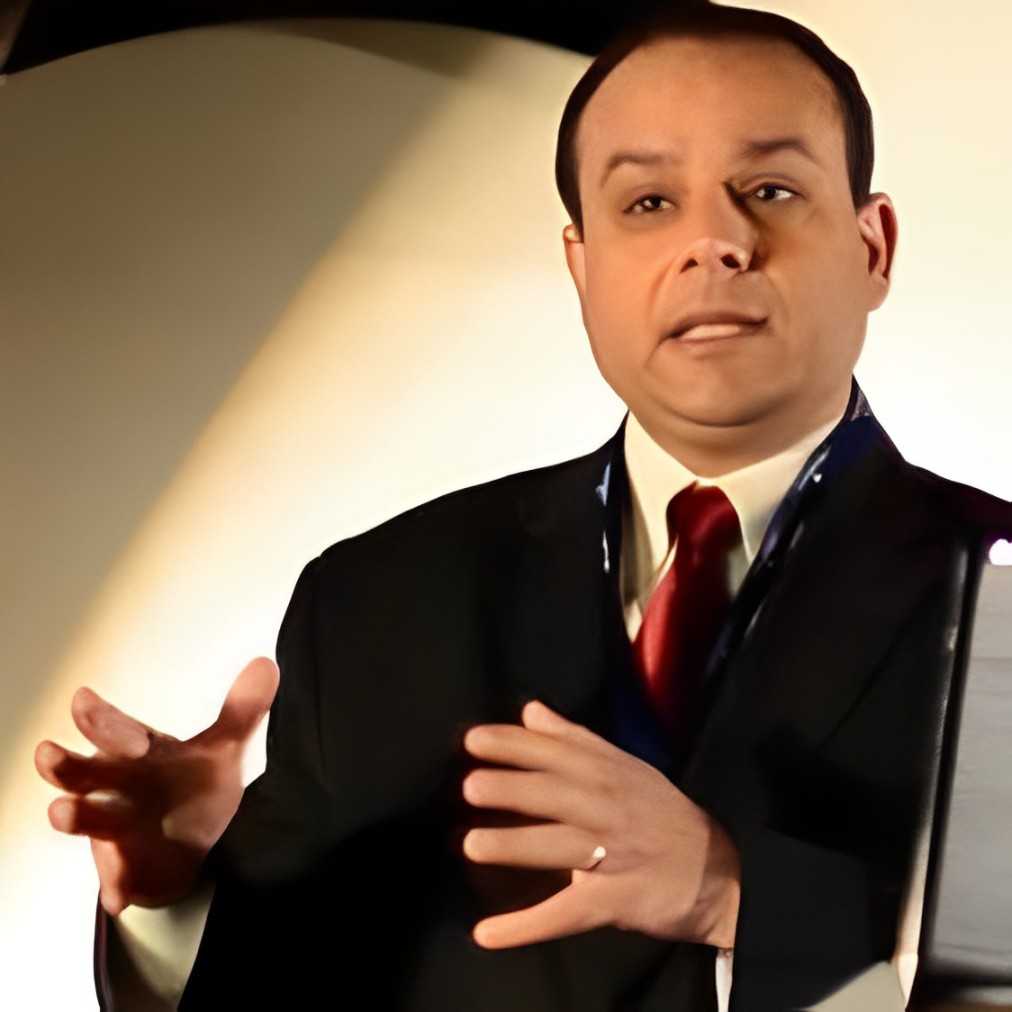 In the rapidly evolving landscape of medical tourism, where innovation and consumer demands are reshaping traditional approaches, we sit down with Mr. Pramod Goel, Founder & CEO of PlacidWay, a leading medical tourism company that has been at the forefront of making healthcare accessible across the globe.
In the rapidly evolving landscape of medical tourism, where innovation and consumer demands are reshaping traditional approaches, we sit down with Mr. Pramod Goel, Founder & CEO of PlacidWay, a leading medical tourism company that has been at the forefront of making healthcare accessible across the globe.
Our interviewer, Alex Thompson, a seasoned journalist with a keen interest in healthcare innovations and global health trends, engages Mr. Goel in a deep dive into the future of medical tourism, tackling the pressing issues of transparency, ethics, consumer behavior, and digital transformation.
Join us for this insightful conversation.
Interview with Mr. Pramod Goel on the Future of Medical Tourism
Alex Thompson: Mr. Goel, with your extensive experience, how do you see innovation shaping the future of medical tourism, especially concerning patient experience?
Mr. Pramod Goel: Innovation is at the heart of medical tourism's evolution. We're looking at a future where advanced technologies not only make treatments more accessible but also enhance the entire patient's journey. From virtual consultations to AI-driven personal health assistants, innovation is set to redefine what we can offer to international patients.
Innovation need not be just a buzzword in medical tourism; it's a lifeline that needs to propel the industry forward. At PlacidWay, we're seeing a seismic shift in how patients approach healthcare internationally. Virtual reality, for instance, allows patients to tour facilities abroad from the comfort of their homes, making the unfamiliar familiar. AI and machine learning could personalize patient care, suggesting treatments and destinations tailored to individual health profiles. This level of personalization and accessibility is unprecedented, enhancing patient experiences in ways we could only imagine a decade ago.
Alex Thompson: Transparency is a major demand among consumers today. How is the medical tourism industry adapting to this trend?
Mr. Pramod Goel: The industry needs to move towards a model of absolute transparency. We are leveraging technology to provide patients with clear, upfront information about costs, treatment options, and provider credentials. This shift is crucial for building trust and aligning with the expectations of today’s digital-savvy consumers.
Transparency is akin to trust in medical tourism. Patients embarking on a journey abroad for healthcare are looking for honesty and clarity. We've adapted by implementing digital technology to secure and transparently share medical records and treatment plans. This ensures that patients have all the information they need to make informed decisions from selected medical providers. Furthermore, we're advocating for clear, upfront pricing guidelines, past customer testimonials, doctor’s credentials and facility accreditations, and expected treatment outcomes based on past customer experience, risks and complications, to avoid any surprises. This level of transparency is not just a response to consumer demand but a commitment to ethical practice.
Alex Thompson: Speaking of ethics, how does the medical tourism ecosystem ensure ethical practices are upheld?
Mr. Pramod Goel: Ethics is a foundational pillar for sustainable growth in medical tourism. We emphasize establishing clear guidelines and standards for ethical practices, from patient care and treatment options to transparent billing. Collaborative efforts among stakeholders are key to maintaining high ethical standards.
Ethics in medical tourism is multifaceted, encompassing patient care, data privacy, and equitable access to treatment. We are trying to work closely with healthcare organizations to ensure they meet stringent ethical standards. Moreover, as we create global awareness, we need to promote medical centers that follow ethical practices, share knowledge and set benchmarks for responsible care.
Alex Thompson: Consumer behavior has evolved, much like what we see on platforms like Amazon. How is this affecting medical tourism?
Mr. Pramod Goel: The industry needs to evolve offering a more retail-like experience, where consumers can easily compare providers, read reviews, and make informed decisions about their medical care, much like they would purchase a product online. This involves integrating user-friendly platforms and ensuring a seamless digital experience for consumers.
The Amazon effect has indeed permeated medical tourism, with consumers expecting a plethora of options, transparent pricing, and real-time communication. To cater to this new type of consumer, we've developed a comprehensive online platform where patients can compare hospitals, clinics, and treatments worldwide, akin to shopping online. This empowers them to make choices that best suit their needs and budgets, dramatically changing the decision-making process in medical tourism.
Alex Thompson: Trust is crucial in the patient-provider relationship. How does digital transparency play into this?
Mr. Pramod Goel: Digital transparency acts as a bridge, connecting patients and providers in a trust- based relationship. By openly sharing information about treatments, success rates, and patient testimonials online, providers can establish credibility and trust with potential international patients.
PlacidWay’s platform is built upon providing digital transparency which is the cornerstone of building trust. By making information about qualifications, reviews, and success rates readily available, we bridge the gap between patients and providers online discussions. This open exchange of information which can be tracked fosters a relationship and builds trust and mutual respect, a critical factor when patients are seeking care abroad.
Alex Thompson: Can you talk about the innovative marketing strategies being employed to engage potential patients?
Mr. Pramod Goel: In the digital age, our marketing strategies are highly personalized. Utilizing data analytics, we can tailor our communications to address the specific concerns and interests of potential patients. Content marketing, through informative articles and patient testimonials, plays a significant role in educating and engaging our audience. Social media, psychology-based marketing, persona-based marketing, predictive analytics, and other omni-channel innovative tools we use to connect with a global audience, making the world of medical tourism more accessible and relatable.
Alex Thompson: What steps are being taken to optimize the patient journey in medical tourism?
Mr. Pramod Goel: The patient journey in medical tourism is complex, spanning multiple countries and healthcare systems. Our efforts are focused on creating a seamless journey through digital integration. To streamline this process, we've invested in technology to offer end-to-end services.
This includes everything from easy-to-navigate websites for initial research, to digital health records accessible by both patients and providers, and follow-up care through telemedicine platforms. From the initial consultation to post-treatment care, every step is coordinated to ensure a smooth and stress-free experience. Digital health and telemedicine services are just a couple of examples of how we're making the patient journey as seamless as shopping online.
Alex Thompson: How is the industry using data and technology to predict future patient needs?
Mr. Pramod Goel: Data is invaluable in predicting and catering to future patient needs. By analyzing trends and outcomes, we can anticipate shifts in demand for certain treatments or destinations. This foresight allows us to adapt our services, ensuring we're always ahead of the curve. For instance, predictive analytics might show an increased interest in wellness and preventive treatments in certain regions, prompting us to expand our network in those areas. Moreover, technology enables us to customize patient education and outreach, ensuring we're addressing the most relevant concerns and opportunities.
Alex Thompson: In terms of regulation and quality assurance, how is the medical tourism industry ensuring that international patients receive the highest standard of care?
Mr. Pramod Goel: Regulation and quality assurance are critical for patient safety and satisfaction. We're seeing more countries implementing stringent regulations for medical tourism providers, which is a positive development. At PlacidWay, we only partner with accredited facilities that adhere to international standards for quality and patient care. This commitment to quality is non-negotiable. We also encourage patients to seek out facilities that have undergone rigorous accreditation processes, ensuring they receive care that meets or exceeds the standards they would expect at home.
Alex Thompson: Looking ahead, how do you see the future of medical tourism in the next 5-10 years, especially given potential challenges and opportunities?
Mr. Pramod Goel: The next decade will be transformative for medical tourism. We'll see a greater emphasis on patient-centric care, driven by technological advancements and a deeper understanding of the global patient's needs. Challenges such as regulatory disparities and ethical concerns will persist, but the opportunities for growth and innovation are boundless.
We anticipate a future where medical tourism is not just an alternative but a preferred choice for millions seeking quality, accessible, and affordable healthcare. Collaborations across borders, digital health advancements, and a focus on sustainability will define the next era of medical tourism. Our goal at PlacidWay is to lead this change, ensuring that every patient, regardless of where they come from, has access to the best healthcare options the world has to offer.






.png)

.png)

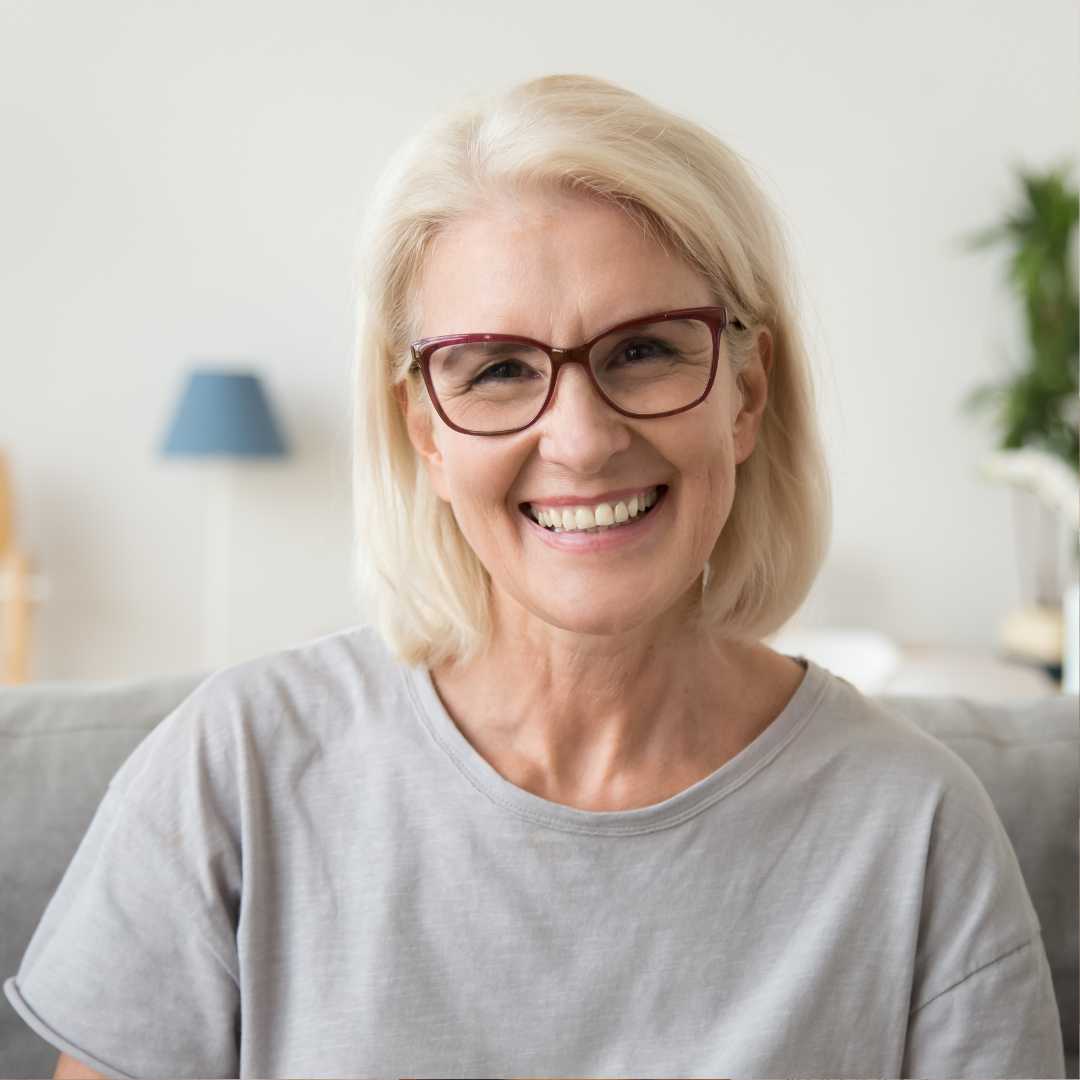
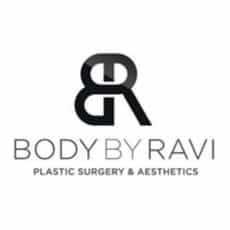

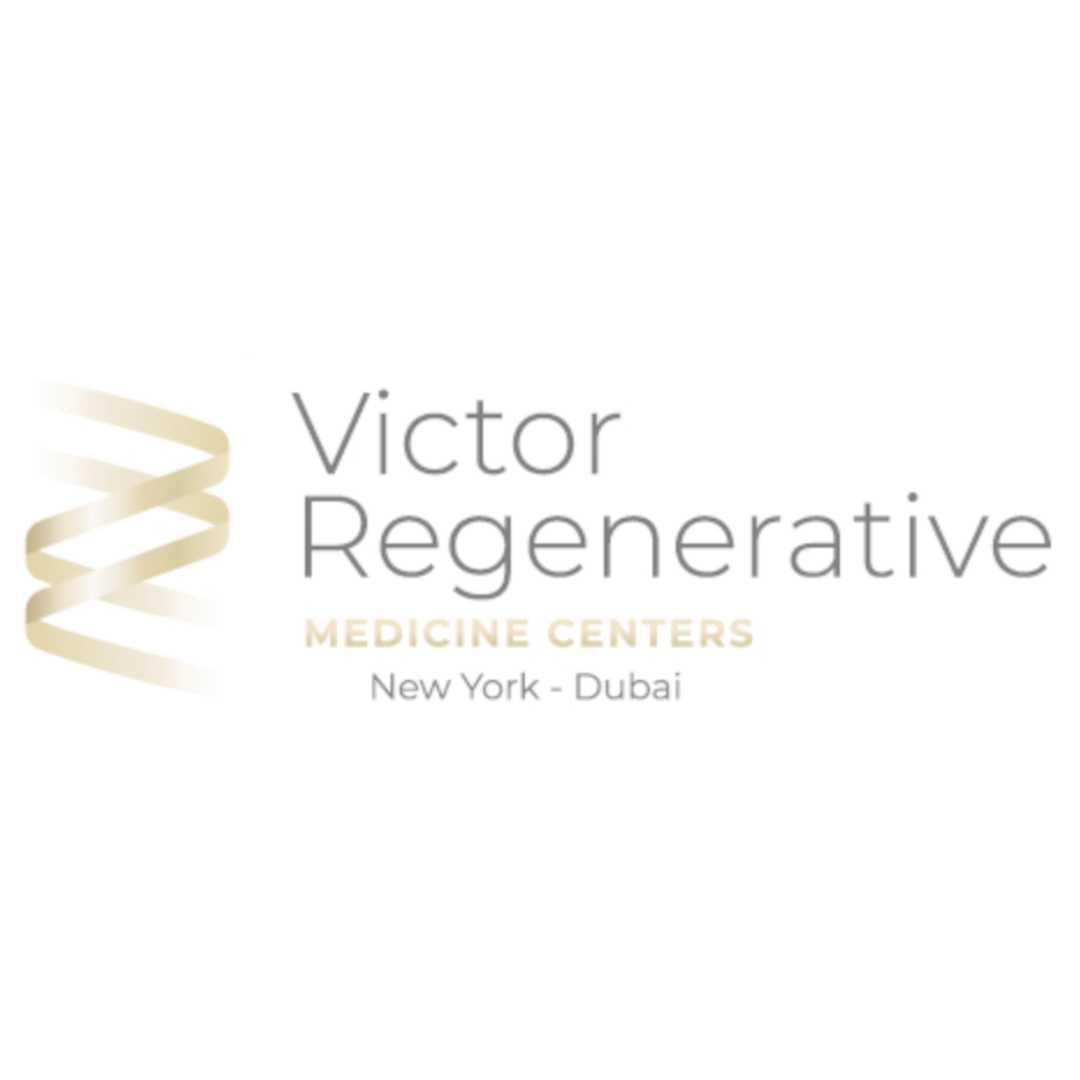

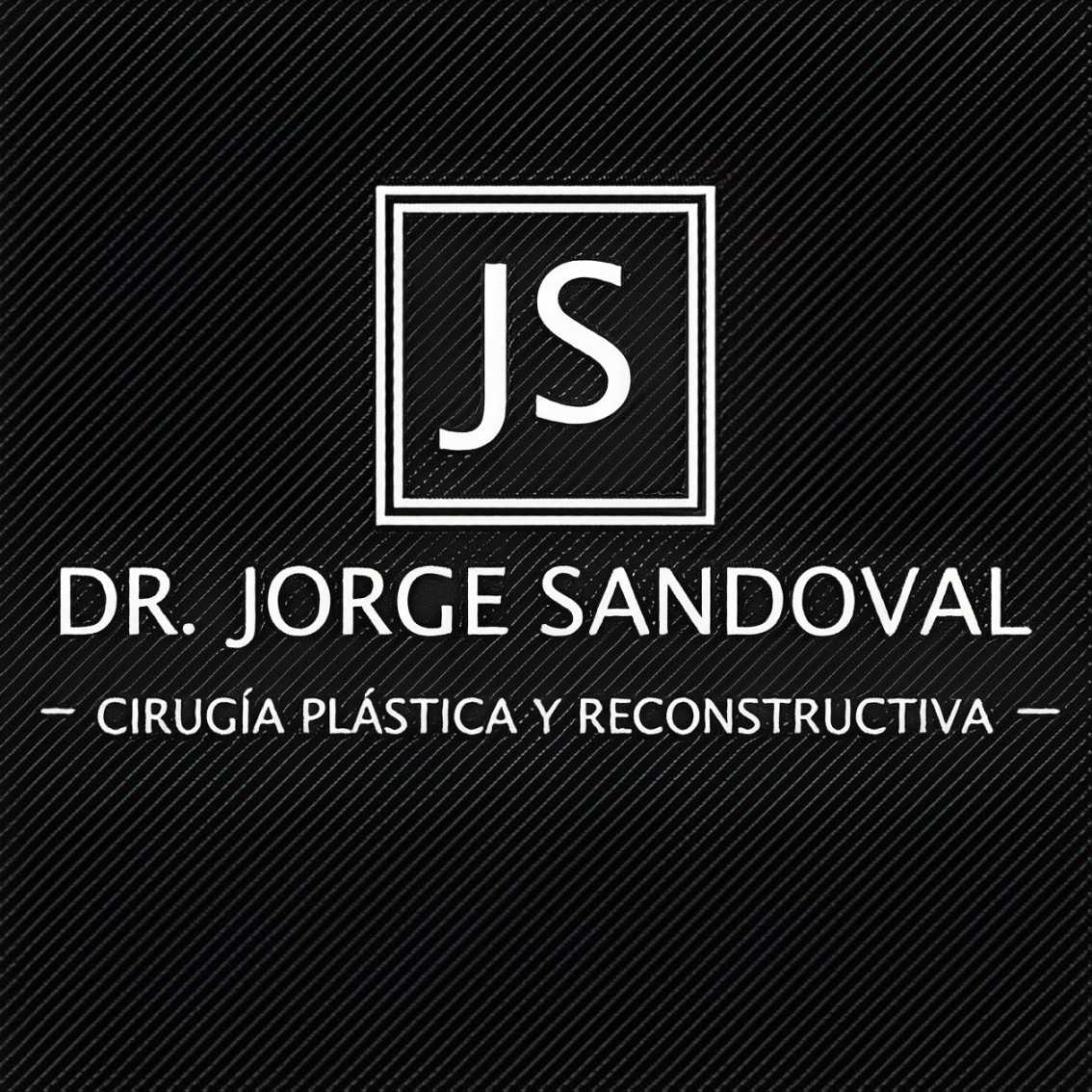

Share this listing